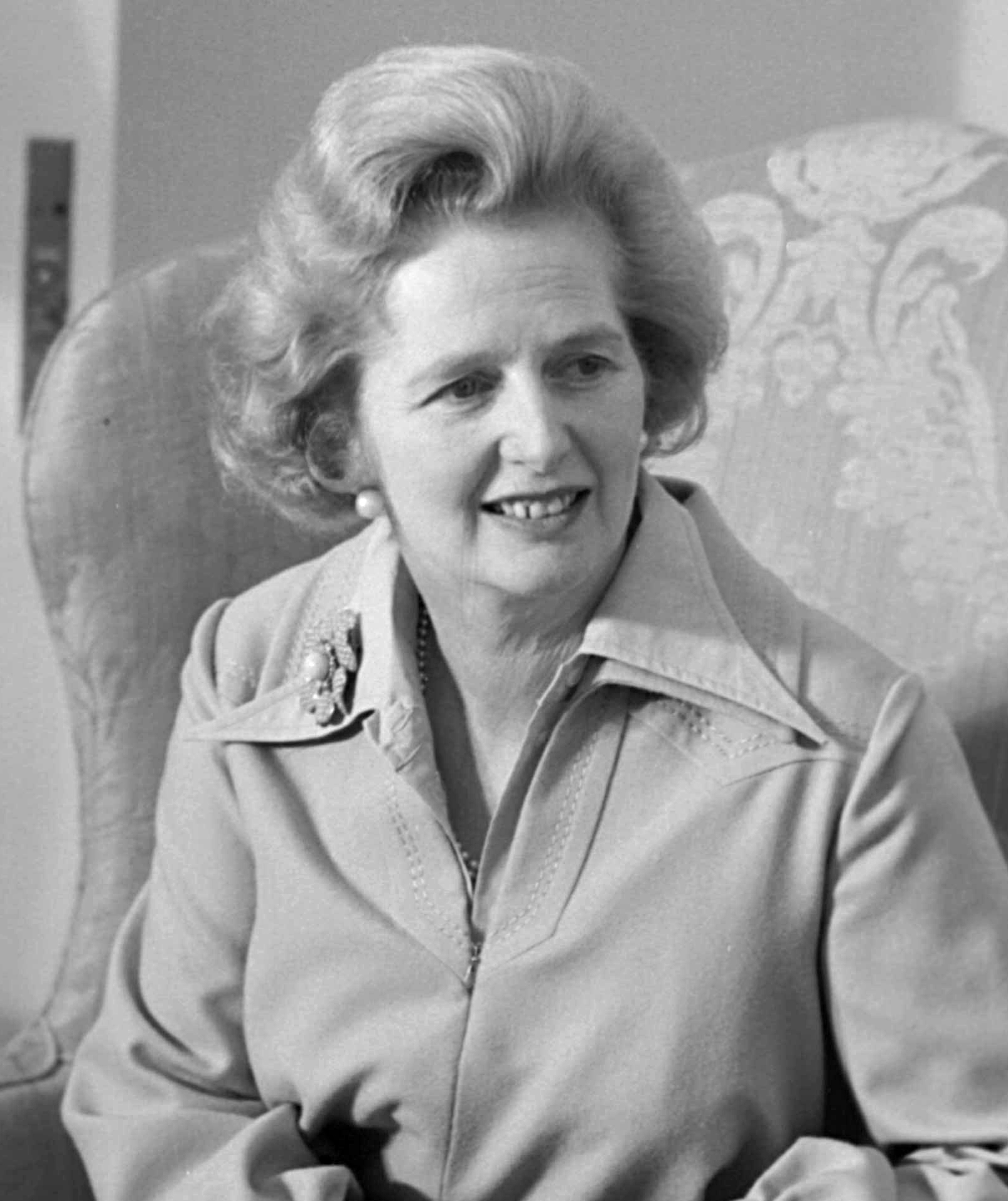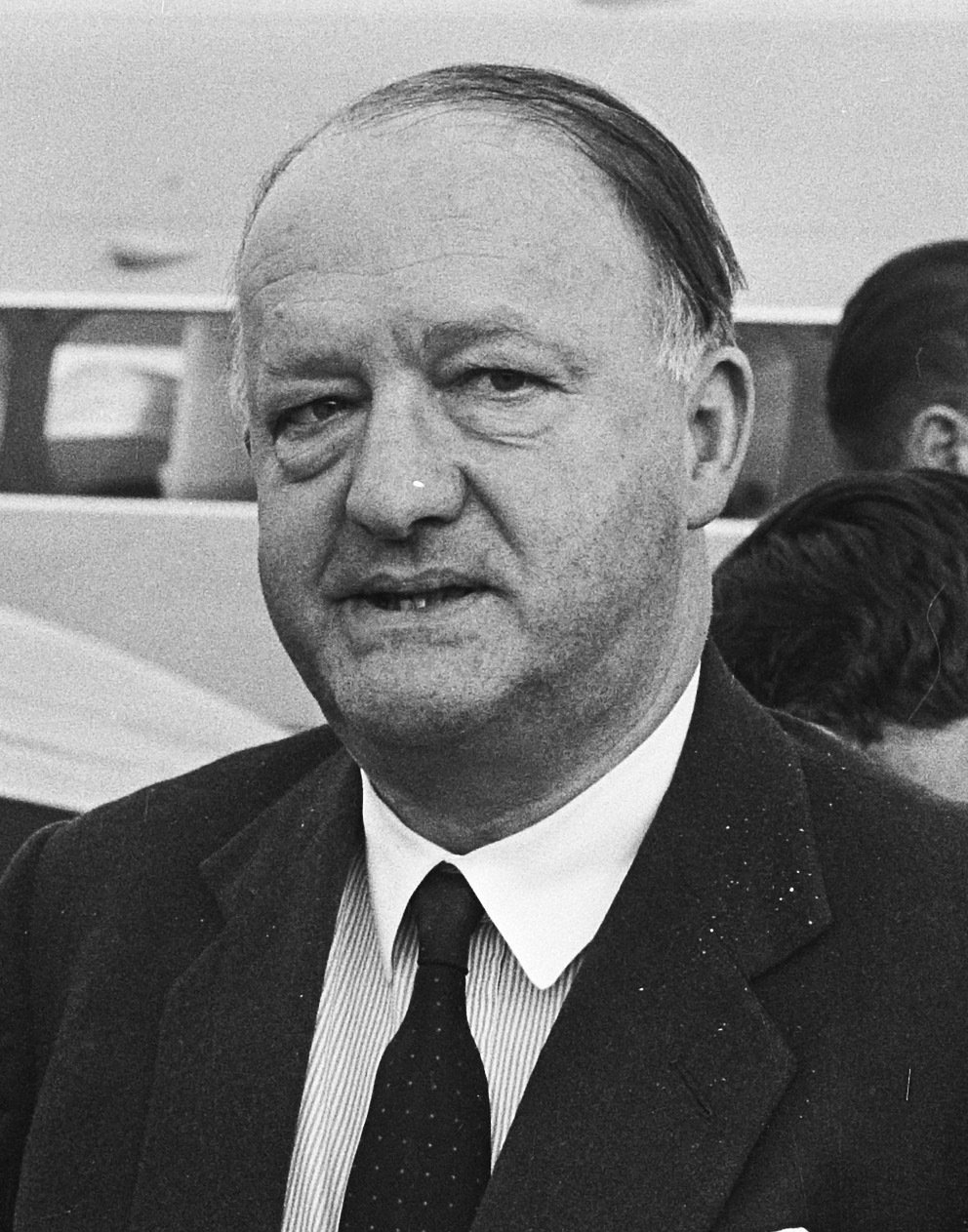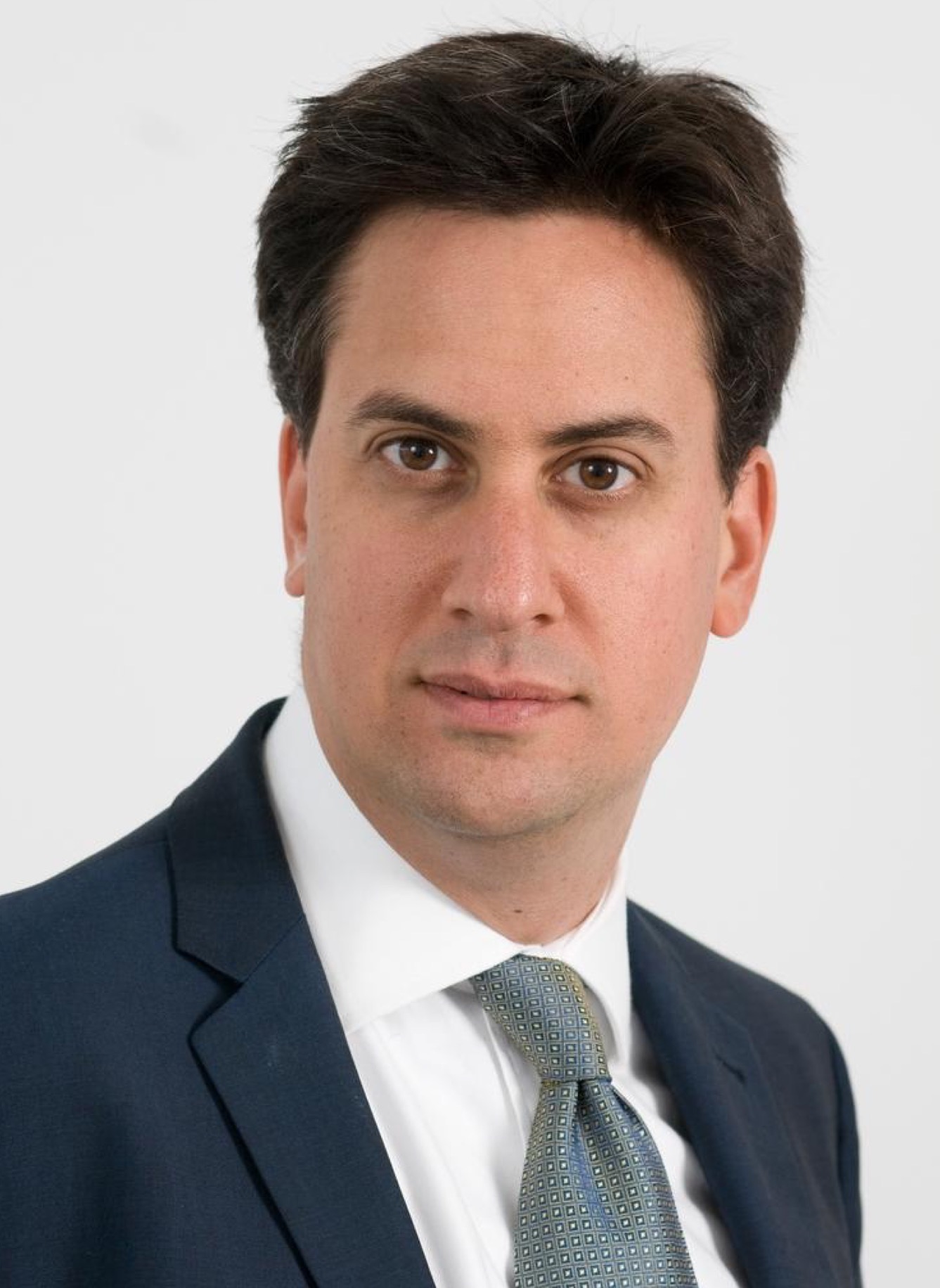|
1988 Labour Party Leadership Election (UK)
The 1988 Labour Party leadership election saw Tony Benn, identified with the left-wing politics, left wing of the British Labour Party (UK), Labour Party, challenge the incumbent leader Neil Kinnock identified with the more moderate Social democracy, social democratic wing. Kinnock won the election with 89% of the vote and remained Leader until 1992, when he resigned the leadership following Labour's defeat in the 1992 general election. The election took place at Labour Party conference, with affiliated trade unions holding 40% of the votes, delegates from Constituency Labour Party, Constituency Labour Parties holding 30% of the votes, and the Parliamentary Labour Party holding the final 30% of the votes. Background Neil Kinnock became leader of the Labour Party (UK), Labour Party in 1983 following the resignation of Michael Foot. The party had been moving towards the Left-wing politics, left, something that Kinnock sought to change. At the 1987 United Kingdom general election, ... [...More Info...] [...Related Items...] OR: [Wikipedia] [Google] [Baidu] |
Labour Party (UK) Affiliated Trade Union
In British politics, an affiliated trade union is one that is linked to the Labour Party. The party was created by the trade unions and socialist societies in 1900 as the Labour Representation Committee and the unions have retained close institutional links with it. Affiliated unions pay an annual fee to the Labour Party; in return, they elect thirteen of the thirty-nine members of Labour's National Executive Committee and fifty per cent of the delegates to Labour Party Conference. Local union branches also affiliate to Constituency Labour Parties and their members who are also individual members of the Party may represent the union as delegates on Labour Party structures. Individual members may ''opt out'' of paying into a union's political fund which is used to finance the affiliation. Since 1994, affiliated trade unions have organised themselves into TULO - The Trade Union & Labour Party Liaison Organisation, with a small number of staff to manage the relationship between ... [...More Info...] [...Related Items...] OR: [Wikipedia] [Google] [Baidu] |
Denis Healey
Denis Winston Healey, Baron Healey, (30 August 1917 – 3 October 2015) was a British Labour politician who served as Chancellor of the Exchequer from 1974 to 1979 and as Secretary of State for Defence from 1964 to 1970; he remains the longest-serving Defence Secretary to date. He was a Member of Parliament from 1952 to 1992, and was Deputy Leader of the Labour Party from 1980 to 1983. To the public at large, Healey became well known for his bushy eyebrows, his avuncular manner and his creative turns of phrase. Healey attended the University of Oxford and served as a Major in the Second World War. He was later an agent for the Information Research Department, a secret branch of the Foreign Office dedicated to spreading anti-communist propaganda during the early Cold War. Healey was first elected to Parliament in a by-election in 1952 for the seat of Leeds South East. He moved to the seat of Leeds East at the 1955 election, which he represented until his retirement at t ... [...More Info...] [...Related Items...] OR: [Wikipedia] [Google] [Baidu] |
Dennis Skinner
Dennis Edward Skinner (born 11 February 1932) is a British former politician who served as Member of Parliament (MP) for Bolsover for 49 years, from 1970 to 2019. He is a member of the Labour Party. Known for his left-wing views and acerbic wit, Skinner belonged to the Socialist Campaign Group of Labour MPs. He was a member of Labour's National Executive Committee, with brief breaks, for thirty years, and was the chairman of the Committee in 1988–89. He was one of the longest serving members of the House of Commons and the longest continuously-serving Labour MP. He is a lifelong Eurosceptic. Early life and career Born in Clay Cross, Derbyshire, Skinner is the third of nine children. His father Edward Skinner was a coal miner who was sacked after the 1926 general strike, and his mother Lucy was a cleaner. In June 1942, at the age of 10, Skinner won a scholarship to attend Tupton Hall Grammar School after passing the eleven-plus a year early. In 1949, he went on to work a ... [...More Info...] [...Related Items...] OR: [Wikipedia] [Google] [Baidu] |
Ken Livingstone
Kenneth Robert Livingstone (born 17 June 1945) is an English politician who served as the Leader of the Greater London Council (GLC) from 1981 until the council was abolished in 1986, and as Mayor of London from the creation of the office in 2000 until 2008. He also served as the Member of Parliament (MP) for Brent East from 1987 to 2001. A former member of the Labour Party, he was on the party's hard left, ideologically identifying as a socialist. Born in Lambeth, South London, to a working-class family, Livingstone joined Labour in 1968 and was elected to represent Norwood at the GLC in 1973, Hackney North and Stoke Newington in 1977, and Paddington in 1981. That year, Labour representatives on the GLC elected him as the council's leader. Attempting to reduce London Underground fares, his plans were challenged in court and declared unlawful; more successful were his schemes to benefit women and several minority groups, despite stiff opposition. The mainstream ... [...More Info...] [...Related Items...] OR: [Wikipedia] [Google] [Baidu] |
David Blunkett
David Blunkett, Baron Blunkett, (born 6 June 1947) is a British Labour Party politician who has been a Member of the House of Lords since 2015, and previously served as the Member of Parliament (MP) for Sheffield Brightside and Hillsborough from 1987 to 2015, when he stood down. Blind since birth, and coming from a poor family in one of Sheffield's most deprived districts, he rose to become Education and Employment Secretary, Home Secretary and Work and Pensions Secretary in Tony Blair's Cabinet following Labour's victory in the 1997 general election. Following the 2001 general election, he was promoted to Home Secretary, a position he held until 2004, when he resigned following publicity about his personal life. Following the 2005 general election, he was appointed Secretary of State for Work and Pensions, though he resigned from that role later that year following media coverage relating to external business interests in the period when he did not hold a cabinet pos ... [...More Info...] [...Related Items...] OR: [Wikipedia] [Google] [Baidu] |
Manifesto
A manifesto is a published declaration of the intentions, motives, or views of the issuer, be it an individual, group, political party or government. A manifesto usually accepts a previously published opinion or public consensus or promotes a new idea with prescriptive notions for carrying out changes the author believes should be made. It often is political, social or artistic in nature, sometimes revolutionary, but may present an individual's life stance. Manifestos relating to religious belief are generally referred to as creeds or, a confession of faith. Etymology It is derived from the Italian word ''manifesto'', itself derived from the Latin ''manifestum'', meaning clear or conspicuous. Its first recorded use in English is from 1620, in Nathaniel Brent's translation of Paolo Sarpi's ''History of the Council of Trent'': "To this citation he made answer by a Manifesto" (p. 102). Similarly, "They were so farre surprised with his Manifesto, that they would never ... [...More Info...] [...Related Items...] OR: [Wikipedia] [Google] [Baidu] |
Eric Heffer
Eric Samuel Heffer (12 January 192227 May 1991) was a British socialist politician. He was Labour Member of Parliament for Liverpool Walton from 1964 until his death. Due to his experience as a professional joiner, he made a speciality of the construction industry and its employment practices, but was also concerned with trade union issues in general. He changed his view on the European Common Market from being an outspoken supporter to an outspoken opponent, and served a brief period in government in the mid-1970s. His later career was dominated by his contribution to debates within the Labour Party and he defended the Liverpool City Council. Family and early life Heffer was born in Hertford into a working-class family. His grandfather was a bricklayer and later a railway signalman, and his father was a boot-maker and repairer, although he owned his own business. In later life Heffer proudly declared "I am therefore completely proletarian in background". Heffer's family were ... [...More Info...] [...Related Items...] OR: [Wikipedia] [Google] [Baidu] |
Shadow Chancellor Of The Exchequer
The Shadow Chancellor of the Exchequer in the British Parliamentary system is the member of the Shadow Cabinet who is responsible for shadowing the Chancellor of the Exchequer. The title is given at the gift of the Leader of the Opposition and has no formal constitutional role, but is generally considered the second-most senior position on the opposition frontbench, after the Leader. Past Shadow Chancellors include Harold Wilson, James Callaghan, Edward Heath, Geoffrey Howe, Ken Clarke, Gordon Brown, and John McDonnell. The current Shadow Chancellor is Rachel Reeves, who has held the position since 9 May 2021. She is the second woman to hold the position. The name for the position has a mixed history. It is used to designate the lead economic spokesman for the Opposition. The name 'Shadow Chancellor' has also been used for the corresponding position for the Liberal Democrats, the Liberal Democrat Treasury spokesperson. This was a source of humour for Chancellor Gordon Bro ... [...More Info...] [...Related Items...] OR: [Wikipedia] [Google] [Baidu] |
John Smith (Labour Party Leader)
John Smith (13 September 1938 – 12 May 1994) was a British Labour Party politician who served as Leader of the Opposition and Leader of the Labour Party from July 1992 until his death from a heart attack in May 1994. He was also the Member of Parliament (MP) for Monklands East. Smith first entered Parliament in 1970 and, following junior ministerial roles as Minister of State for Energy (1975–1976) and Minister of State for the Privy Council Office (1976–1978), he entered the Cabinet towards the end of James Callaghan's tenure as Prime Minister, serving as Secretary of State for Trade and President of the Board of Trade (1978–1979). During Labour's time in Opposition to Margaret Thatcher's Conservative government, he rose through the Shadow Cabinet, serving as Shadow Secretary of State for Trade (1979–1982), Shadow Secretary of State for Energy (1982–1983), Shadow Secretary of State for Employment (1983–1984), Shadow Secretary of State for Trade and ... [...More Info...] [...Related Items...] OR: [Wikipedia] [Google] [Baidu] |
Secretary Of State For Energy And Climate Change
Her Majesty's Principal Secretary of State for Energy and Climate Change was a British government cabinet position from 2008 to 2016. The Department of Energy and Climate Change was created on 3 October 2008 when then-Prime Minister Gordon Brown reshuffled his Cabinet. Between 1974 and 1992, the post was known as Secretary of State for Energy. The Energy and Climate Change Secretary revived the earlier post of the Secretary of State for Energy as head of the Department of Energy, existing from 1974 to 1992. After which, the Department of Energy was merged into the Department of Trade and Industry under the Conservative government of Sir John Major in 1992. Sixteen years later, and immediately prior to the creation of the new department, energy policy was the responsibility of the Department for Business, Enterprise and Regulatory Reform (itself now a defunct government department, superseded by the Department for Business, Innovation and Skills). Former Labour Leader Ed Milib ... [...More Info...] [...Related Items...] OR: [Wikipedia] [Google] [Baidu] |
Islwyn (UK Parliament Constituency)
Islwyn () is a constituency in Wales represented in the House of Commons of the Parliament of the United Kingdom. The area, historically known for coal-mining, is a safe Labour Party seat which was once held by the party's former leader Neil Kinnock, who served as opposition leader for nearly a decade until 1992. The current Member of Parliament A member of parliament (MP) is the representative in parliament of the people who live in their electoral district. In many countries with bicameral parliaments, this term refers only to members of the lower house since upper house members o ... (MP) is Chris Evans, first elected at the 2010 general election. Boundaries 1983–2010: The Borough of Islwyn. 2010–present: The Caerphilly County Borough electoral divisions of Aberbargoed, Abercarn, Argoed, Blackwood, Cefn Fforest, Crosskeys, Crumlin, Maesycwmmer, Newbridge, Pengam, Penmaen, Pontllanfraith, Risca East, Risca West, and Ynysddu. Members of Parliament Electi ... [...More Info...] [...Related Items...] OR: [Wikipedia] [Google] [Baidu] |
Leader Of The Labour Party (UK)
The leader of the Labour Party is the highest position within the United Kingdom's Labour Party. The current holder of the position is Keir Starmer, who was elected to the position on 4 April 2020, following his victory in the party's leadership election. The post of Leader of the Labour Party was officially created in 1922. Before this, between when Labour MPs were first elected in 1906 and the general election in 1922, when substantial gains were made, the post was known as Chairman of the Parliamentary Labour Party.Thorpe, Andrew. (2001) ''A History of the British Labour Party'', Palgrave, In 1970, the positions of leader of the Labour Party and chairman of the Parliamentary Labour Party were separated. In 1921, John R. Clynes became the first leader of the Labour Party to have been born in England; all party leaders before him had been born in Scotland. In 1924, Ramsay MacDonald became the first ever Labour prime minister, leading a minority government which lasted nin ... [...More Info...] [...Related Items...] OR: [Wikipedia] [Google] [Baidu] |








